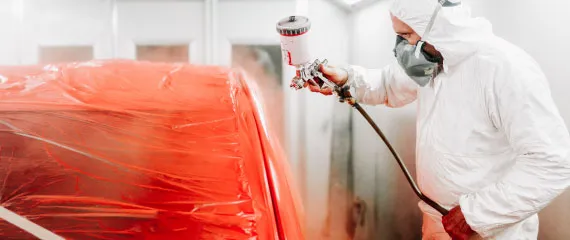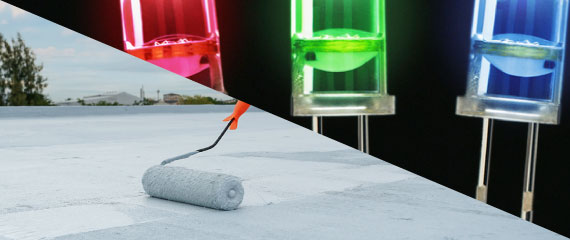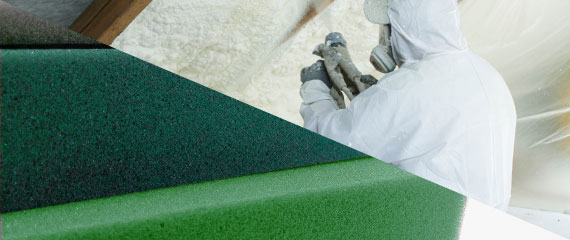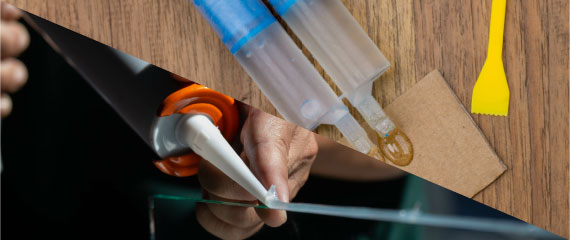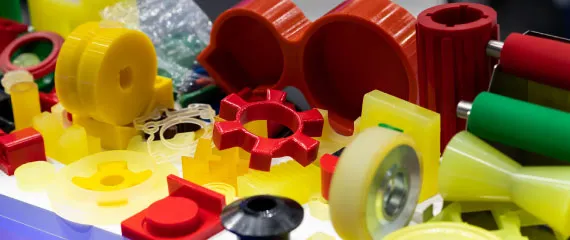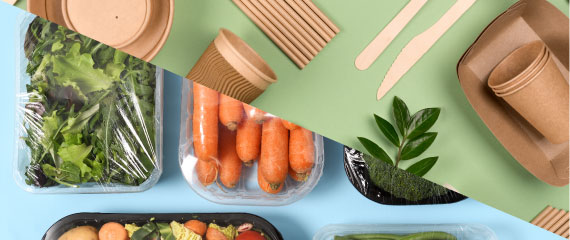
CAPROLACTONES
Advancing Multiple Markets with PLACCEL Series Caprolactones
Daicel is a global leader in the manufacturing of caprolactone polyols, known as our PLACCEL® series. From our base monomer, we are able to manufacture multiple variations of PLACCEL series caprolactones to help customers achieve an array of product performance attributes. Polycaprolactone-diols have excellent weather and heat resistance in comparison to polyether. It is also superior to adipate-type polyester polyols in terms of hydrolysis resistance.
Polycaprolactone-triols and tetra-functional materials can be applied to coating materials and additives that require flexibility. They can also be used as raw materials for urethane foams to provide excellent low-temperature properties. Polycaprolactone-F are novel macro monomers having a (meth)acrylic double bond which can be radical-polymerized. Polycaprolactone-H is a highly crystalline thermoplastic aliphatic polyester resin with a low melting point to optimize processability.
- Elite modifiers for multiple resins and organic compounds
- Multiple molecular weights to support precision crosslinking and other performance properties
- Diols, triols, and tetra-functional materials to add versatility to processing capabilities
- Modifications available to meet specific product applications


PRODUCTS
Caprolactones Chemical Types
PLACCEL 200 - Diol type
Polycaprolactone diols have more excellent UV-resistance and heat resistance compared to polyether diols, and a higher water resistance compared to adipate-based polyester diols. The PLACCEL 200 series contains diols of various molecular weights and initiating materials, allowing for each to offer unique benefits.
PLACCEL 300 - Triol type
Polycaprolactone triols are utilized primarily in polyurethane coatings, adhesives, and foams, as well as in epoxy resin formulations as a flexibility modifier. The PLACCEL 300 series includes grades of various molecular weights for more precisely controlled crosslinking.
PLACCEL 400 - Tetraol type
The PLACCEL series even extends to tetra-functional materials, with our PLACCEL 410 polycaprolactone tetraol. PLACCEL 410 is designed for ultimate versatility, and it’s quite often used as a crosslinking agent and raw material for polyurethane and epoxy coatings
PLACCEL CD - Carbonate type
Polycarbonate diols can also be used in polyurethane applications. They are characterized by their superior heat and moisture resistance compared to both polyether and polyester diols. In addition, they have superior abrasion resistance and a higher tensile modulus.
PLACCEL F - (Meth)acrylate type
F series materials are macro monomers with a (meth)acrylic double bond. They have both a radically polymerizable (meth)acrylic double bond, as well as a primary hydroxyl group which is highly reactive with hardening agents such as isocyanates and/or melamine.
PLACCEL H - High polymer type
H series materials are highly crystallized, aliphatic polyester thermoplastic resins with a melting point of 60°C, and a glass transition temperature of -60°C. Other properties include biodegradability and high resistance to thermal degradation. These materials can be used in a variety of applications.
PLACCEL Others
Other PLACCEL varieties on offer include polyether-caprolactone co-polyols, a carbonate modified hydroxyl methacrylate, and a specialty polyester diol. We have also specifically designed a new triol grade to improve the flexibility/toughness of PU coatings, while maintaining high chemical, scratch, and weathering resistance.
Have questions about our Caprolactones Chemical Types?

Caprolactones Applications

CHEMISTRIES
Explore our other product chemistries
Use our product finder to search for the raw material you need
The perfect raw material for your solution is a few steps away
01.
Talk to an expert.
Submit the contact form, and we’ll connect you with one of our technical support specialists to learn about your application and send out your free sample.
02.
Confirm your specifications.
Experiment with the sample and share the results with our technical service team. If needed, we’ll customize the polymer for your needs.
03.
Order your chemical.
With your speciality chemical dialed in, you can order the quantities you need from development to production.
 PRODUCTS
PRODUCTS